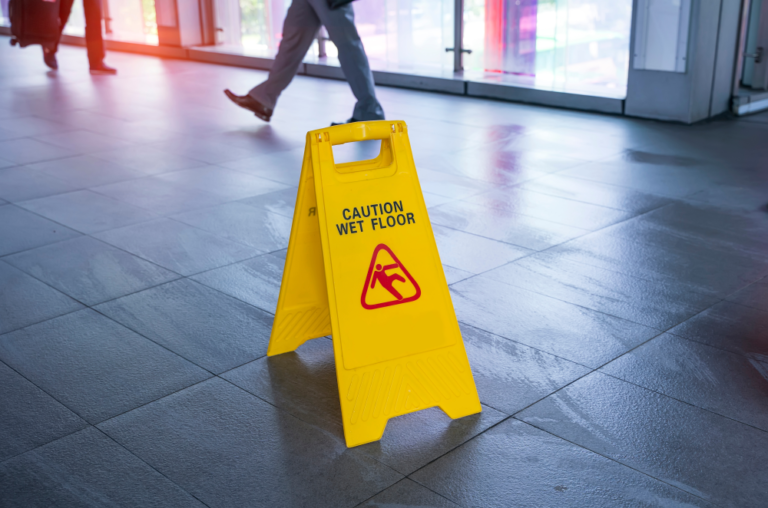In a Florida slip and fall case, do the rules change depending on where I fell?

In a Florida slip-and-fall case, the rules do change depending on where you fell. Generally, there are three total categories of status for the purpose of a person on some else’s premises. Basically, the first one is trespasser. The second one is a licensee. The third one is a business invitee.
Trespasser is a common phrase that we use a lot. We see signs everywhere saying no trespassing. It’s pretty common sense. You’re on someone else’s property and, specifically, you do not have the right to be there and they’ve warned you that you can’t be there. That’s one class of person. Typically, trespassers do not recover. However, there are some exceptions in the law that do allow them to recover. It’s something that you probably want to speak to an actual attorney about.
The second category is a licensee. Basically, what that is, it’s the status of a person when they’re invited to someone’s house or personal residence. There is a duty owed to that person, a duty to warn them of hidden dangers. But, also, there is no responsibility to do any sort of inspecting.
The final category is a business invitee. That’s someone who is at a place that’s open to the public, a store, an office, some sort of business. It could be a parking lot near a business. That person is owed a duty to not only warn of known hidden dangers, but the business also owes them a duty to do inspections to look for additional dangers and then remedy them.
There are three classes, generally, of a person that could be on someone else’s property and there are three different sets of rules.
